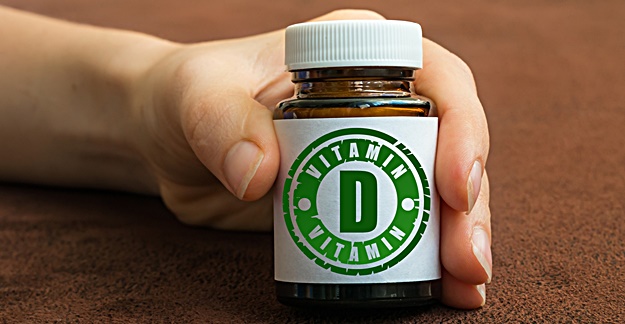When it comes to vitamin D, not all nutritional supplements are created equal.
Vitamin D comes in 2 types, D2 and D3. D2 is derived from plants, while D3 comes from animals. A new study found that taking vitamin D3 was much more effective in raising levels of vitamin D in the body compared to vitamin D2.
The study is significant since current National Institutes of Health (NIH) guidelines state that D2 and D3 are equally effective in raising vitamin D levels in the body. The researchers say their results indicate that position should be reconsidered.
University of Surrey researchers examined 335 women of South Asian and European descent over 2 consecutive winters. This is a time when Calciferol is typically low in the body, since days are shorter and people spend less time outside in the sun. Sunlight absorbed by the skin helps the body naturally produce the nutrient. Over 12 weeks, the women received either a placebo, a juice with vitamin D2 or D3, or a biscuit with D2 or D3.
Women who received D3 saw the levels of vitamin D in their body rise twice as much compared to those who were taking D2, the researchers reported in the American Journal of Clinical Nutrition. The women who received D3 through the juice or the biscuit saw their vitamin D levels increase by 75% and 74%, respectively. In comparison, women that took D2 through the juice or biscuit saw their vitamin D levels increase by only 33% and 34%, respectively.
“Those who consume D3 through fish, eggs or vitamin D3-containing supplements are twice as more likely to raise their vitamin D status than when consuming vitamin D2-rich foods such as mushrooms, vitamin D2-fortified bread or vitamin D2-containing supplements, helping to improve their long-term health,” lead author and dietitian Laura Tripkovic, PhD, said in a statement.
As far as how much calciferol you need per day, it depends on your age and health conditions. The NIH has a list of recommended amounts.
You can find out more about calciferol and how it may – or may not – help certain conditions by reading our feature, Vitamin D: Pros and Cons.







